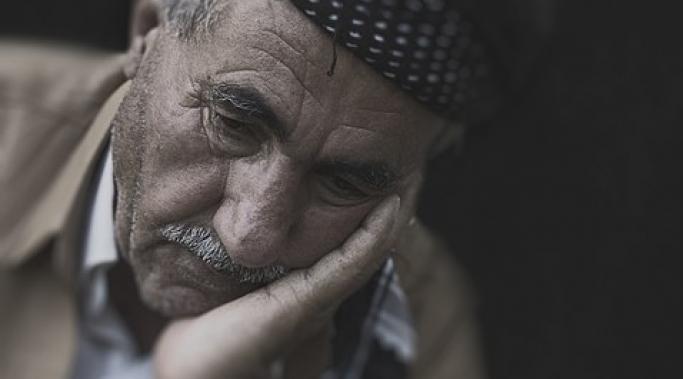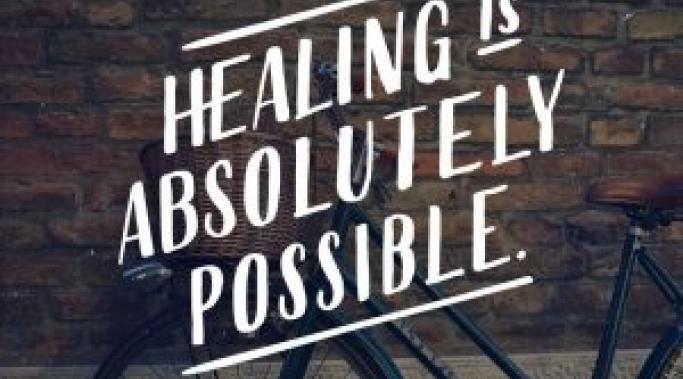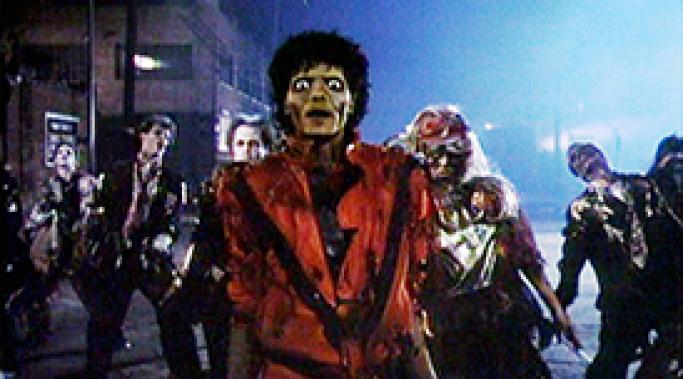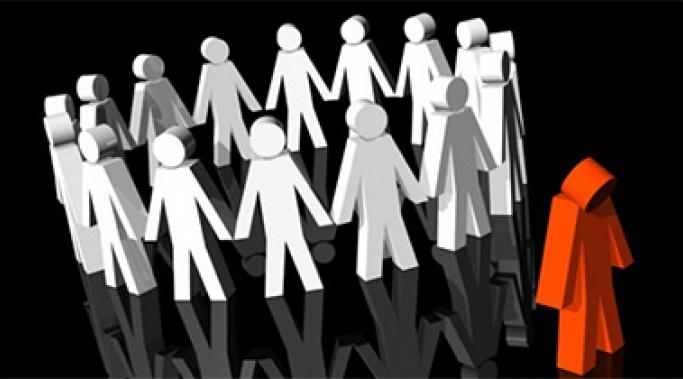If ruminating on memories of mental health stigma and discrimination haunt you, there are ways for you to stop ruminating. Taking back control when you remember events where you were stigmatized, can be as simple as taking a breath. Here are some techniques to help you stop ruminating on mental health stigma memories of when you were ill.
Dealing with Stigma
A setback in mental health recovery is a challenge because many have this idea that recovery must be perfect. The rhetoric tends to be that we’re strong when we’re recovering and we’re weak if we have a setback; I’ve even had someone tell me she was strong enough to avoid mental illness relapse. The way I see it, though, a setback in mental health recovery -- and mental illness as a whole -- is not that simply defined.
When you let stigma be a barrier to a full life, it means you are letting stigma win. By resisting stigma and fighting it, not letting it be a barrier, you are taking control of your life and will be on your way to mental illness recovery. Relationships and employment are not privileges, they are a right. As a human being you not only don't have to put up with stigma, you also have a right to find work, make a living or supplement your income, and have healthy relationships. In other words, it is important not to let stigma be a barrier to a full, happy and productive life.
Mental health stigma can cause isolation and loneliness in those with mental illness (Mental Illness, Isolation, and Loneliness). No one with a mental health problem should isolate themselves due to mental health stigma because loneliness can lead to more severe problems, even suicide. The loneliness of isolation certainly causes personal grief and sadness for those dealing with mental health stigma.
Saying mental illness and acceptance in the same breath might seem like an awful idea at first, but accepting your mental health condition can actually be a key player in removing, or at the very least alleviating, the stigma you face (Why It’s Hard to Accept a Diagnosis of a Mental Disorder). Personally speaking, accepting my mental illnesses for what they are helped both the self-stigma and external stigma I felt.
Watching social media on the US election night last week left me with a feeling of dread and it's important not to stigmatize that type of emotional reaction to the US election. The heaviness of people’s words and the fears they expressed post after post was palpable through the screen. I hadn’t searched for the negative; I simply clicked on the trending hashtags #USElection2016 and #ElectionNight. The posts the next morning after Donald Trump’s victory was much the same. But US election emotions shouldn't be stigmatized.
There are plenty of ways stigma surfaces around Halloween (Mental Illness Stigma And Halloween: A Teachable Moment) and this include stigmatizing Halloween costumes. Typically, we hear about costumes that are promoting hurtful stereotypes for cultural or racial groups and the posts start asking people to not wear those costumes because of the messages they send. Brock University in Ontario, Canada has even banned these types of costumes, as well as costumes that make light of mental health issues, and those costumes certainly are cropping up, too. So far I’ve seen one costume that is supposed to be a “skitzo” and then there is the widely spoken-against self-harm costume that was listed on Walmart’s website before it was taken down and an apology was issued. Here's how you might responde to these stigmatizing costumes used for Halloween.
Anxiety caused by mental health stigma requires unique coping skills but overcoming it is possible. Mental health stigma can cause us to question ourselves. One of the ways this mental health stigma causes anxiety when we question ourselves is when we become aware of many little issues that really mean nothing. Over time, this overthinking can lead to anxiety. In other cases, people may be prone to anxiety, to begin with, perhaps because of simple genetics or a past history of many things from bullying to abuse. Then, when mental health symptoms occur, anxiety manifests itself. Anxiety caused by mental health stigma can cause people to stutter, or have hand tremors, pace, or even just feel uncomfortable. In extreme cases, panic attacks can come about when we are under this kind of stress. Anxiety comes in many forms, and it is important to understand how it affects you so you can cope with it and arm yourself against the anxiety mental health stigma can cause. To do this, a good first step is to learn how anxiety treatment can help. It also won't hurt to take a short anxiety test. If your quiz results show anxiety (due to mental health stigma or any anxiety cause), your mental health team, which includes any counselors, psychologists, nurses or psychiatrists you see, should be able to help you address it.
Mental health stigma at school from peers can lead to bullying. Bullying can be an extremely difficult and traumatizing problem for children, especially those with mental health issues. Short term, when a child is being bullied and has a mental health problem, additional problems may add to their original diagnosis. These could be anything from social anxiety problems to depression. Further, during a child's critical formative years, mental health stigma at school (as bullying) affects the child for years to come. Here are some things you can do when your child faces mental health stigma at school.
Social isolation caused by mental health stigma can be debilitating. Many people are aware of social anxiety disorder, but social isolation is a form of anxiety where a mental health patient is not in a care facility but their own home and has a hard time facing the many forms of mental health stigma in society (Mental Illness, Isolation, and Loneliness).









